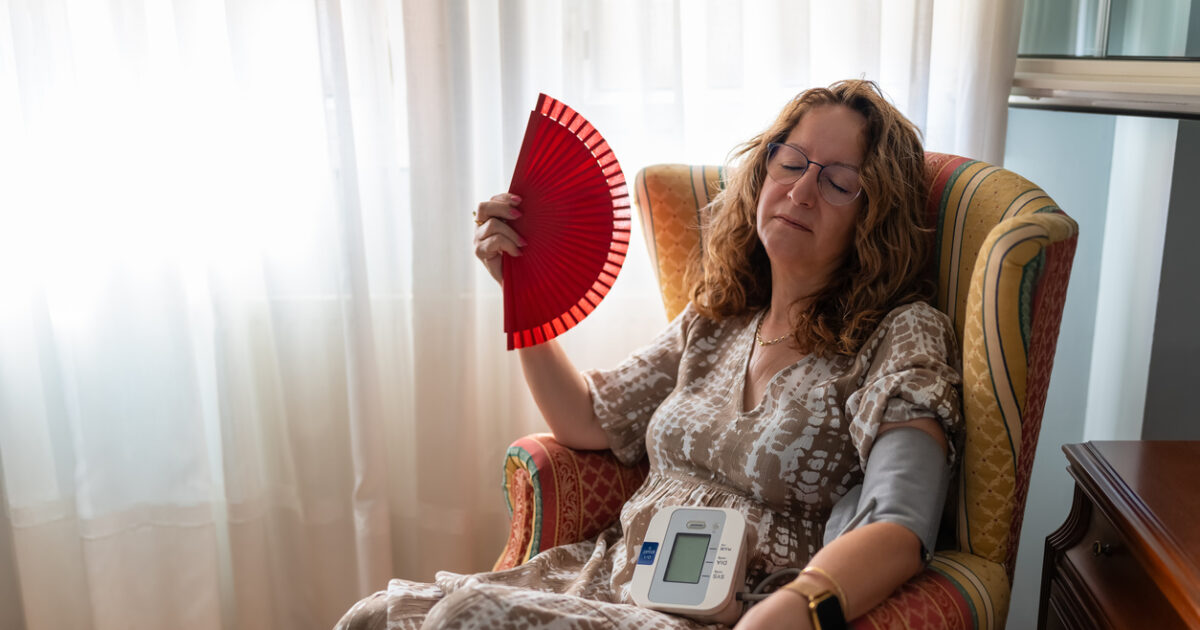The increased temperatures the summer They force our body to make more effort to maintain normal temperature. This results in a burden on the operation of heartlungs and kidneys and increase the risk for people with cardiovascular problems. So it is important to remain cool and hydrated.
But how does summer heat affect our hearts? “For each degree of increasing the temperature of our body, heart rate increases by 10 pulses per minute. This growth burdens the work of the heart, which can cause a heart attack in people with heart disease. When environmental temperature rises, our body tries to lower the temperature. This is achieved by vasodilation and an increase in heart rate, and as blood flows near the surface of the body it helps to eliminate and reduce temperature.
But it has a price, the increase in the heart project 2-4 times. In addition, with sweat the body loses sodium, potassium and other electrolytes, which, along with dehydration, are much more burdened with the heart, since the fluid volume is reduced and so the heart should work faster. Of course, this does not concern healthy people which is much more difficult to affect, “says Athanasios Manolis, Director of the Second Cardiology Clinic and Metropolitan Hospital Hypertension Center, a professor at the Department of Hypertension of the University of Boston and a member of the Board of Directors of the European Hypertension Society and continues with guidelines for people.
What do we need to do to maintain our temperature
There are some simple things to keep in mind:
- Stay hydrated, consuming a lot of liquids, any liquids. But if you have heart failure you should before you talk to your doctor
- Avoid using alcohol because it will exacerbate your dehydration
- You consume more cold foods such as salads and fruits that contain many liquids, vitamins and electrolytes
- Keep your home cool. Open windows when the external temperature is lower, and avoid lit lights that are not necessary and increase room temperature
- You wear light clothes
- Stay out of the sun, especially at 11am hours. up to 3 pm
- When you are out of the house, stay in the shade, wear a hat and have water with you
- Avoid exercise
Which people are high -risk
- Elderly patients and children are high risk because they adapt more difficult to temperature
- Elderly people, especially over 75 years old, living alone
- People with heart problems, pulmonary diseases, kidney failure, diabetes and Parkinson’s disease
- People with dementia, beds or people with outdoor work
- People with heart failure, arrhythmias, coronary heart disease and people who receive certain groups of drugs to regulate blood pressure
The problem is that many high -risk people do not admit that they are high risk and do not take preventive measures.
Heart and drugs
Medicines and heart interact in 3 ways:
- Some drugs affect the thermoregulation and balance of liquids, increasing the risk of high temperatures (eg diuretics, antipsychotics, antidepressants, antihypertensives)
- The heat can cause trouble in some categories of medicines so they should be kept in a cool place
- Some drugs such as antifungal or antibiotics may increase skin sensitivity to the sun and patients should use sunscreen
Hypertensive patients, and especially elderly, who receive diuretics, should measure their pressure into a seated and upright position, and if their pressure is lower than 120 mm Hg or stunned, they should talk to their doctor because they may need a decrease in medication.
What to do if we don’t feel good
There are 4 basic instructions:
- Move to a cool place
- Lie down and lift your legs a little bit
- Drink enough water
- Wet your face with cool water and air on your face. Ideally ask someone else to do it. Put cold pads on the armpits or around your neck
“If nevertheless you are not feeling well, contact your doctor or go to the nearest health unit,” concludes Mr. Manolis.
